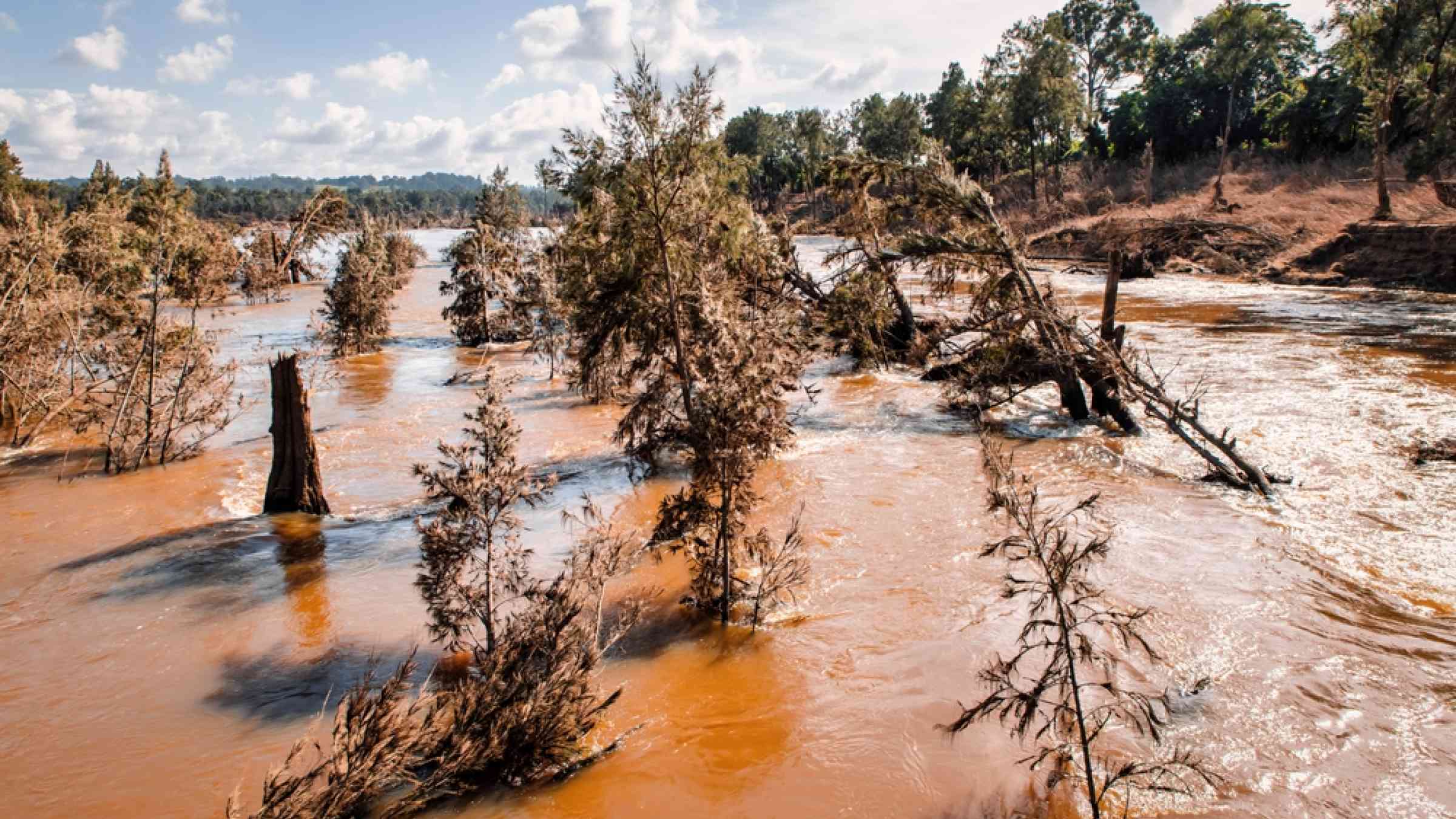Learning Lab on Financing for Resilience
Disasters can significantly disrupt development and prevent countries from achieving sustainable progress. Extreme weather events have doubled in the last 20 years, with Europe warming at more than twice the global average since the 1980s. Estimates predict a 60% increase in damage costs from these events in Europe by 2049. In Central Asia and the South Caucasus, disasters like droughts, floods, and earthquakes cause annual losses of 4% of GDP. Although investments in disaster risk reduction (DRR) have increased in some countries, funding is still insufficient, and the private sector’s role remains limited. There is also a tendency to focus more on post-disaster response rather than preventive measures.
Effective DRR depends on better preparedness and risk management. Often, disaster costs are underestimated because indirect impacts are not considered. Political leaders need to prioritize DRR for sustainable development and adopt a “think resilience” mindset. This means making risk information more transparent and using evidence-based financing to build resilience. Governments and international organizations have developed tools and strategies to support countries in financing disaster resilience, including through insurance and risk transfer mechanisms. This session will discuss the current state of disaster financing in the region, highlighting challenges, opportunities, and best practices.
List of speakers:
- Ms. Tuga Alaskary, UNDP (moderator)
- Mr. Branko Barjaktarovic, Director of Insurance Supervision Agency, Montenegro
- Dr. Nadica Jovanovska-Boshkovska, Chief Project Officer, Europa RE & Insurance Development Forum member
- Mr. Mathieu Verougstraete, Head of Infrastructure and Finance for Resilience Unit, UNDRR
Documents

Agenda
Location
Hotel Splendid